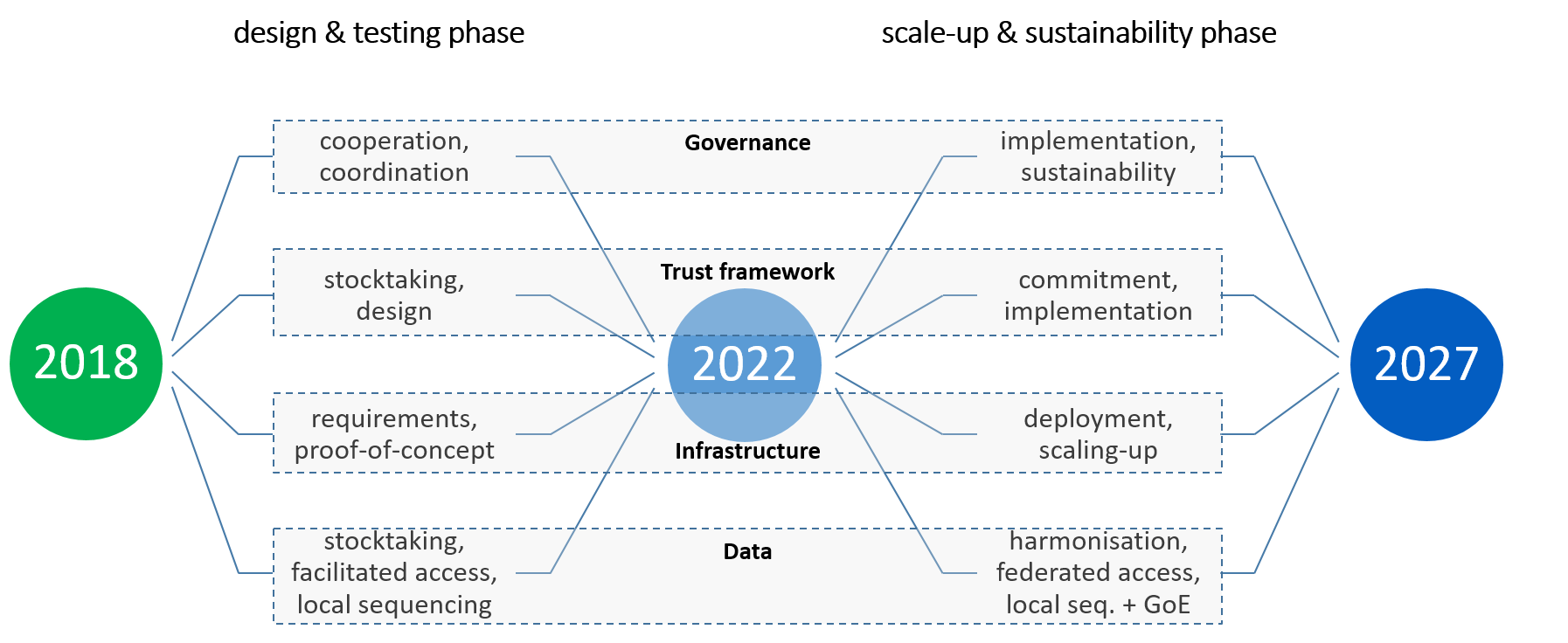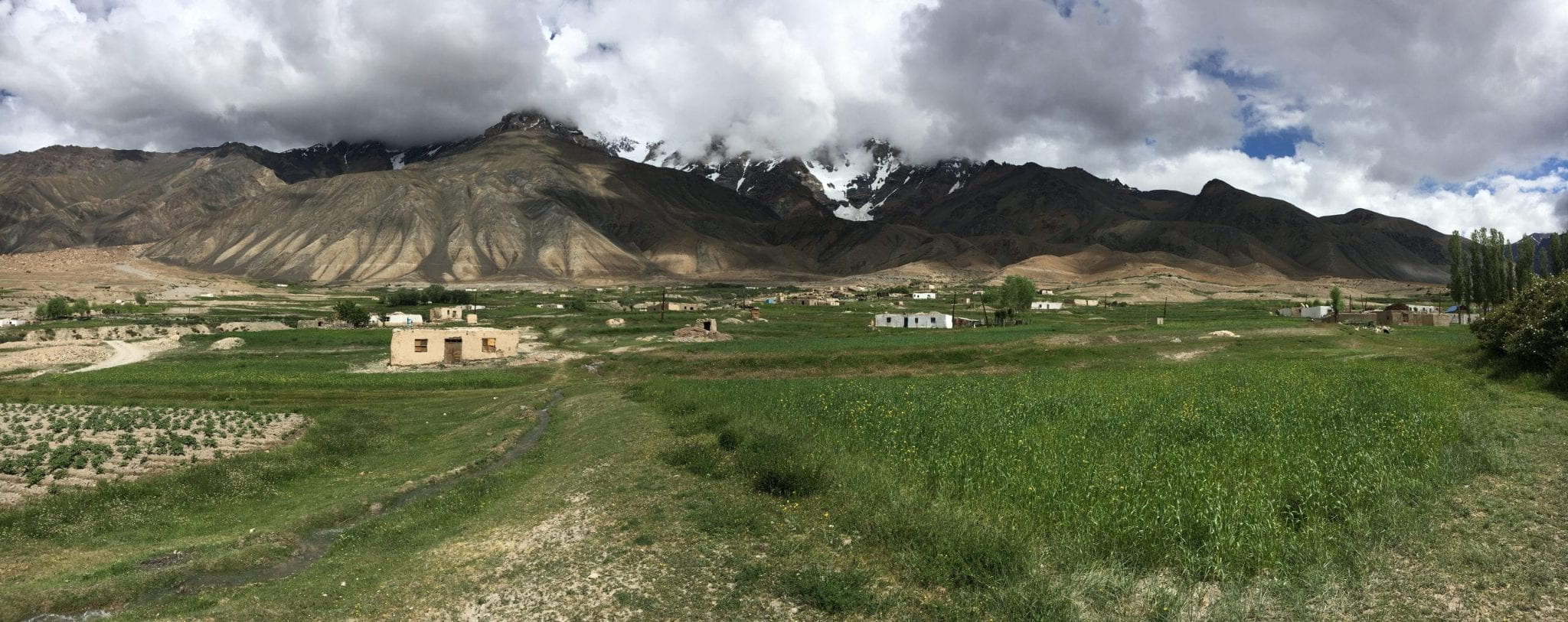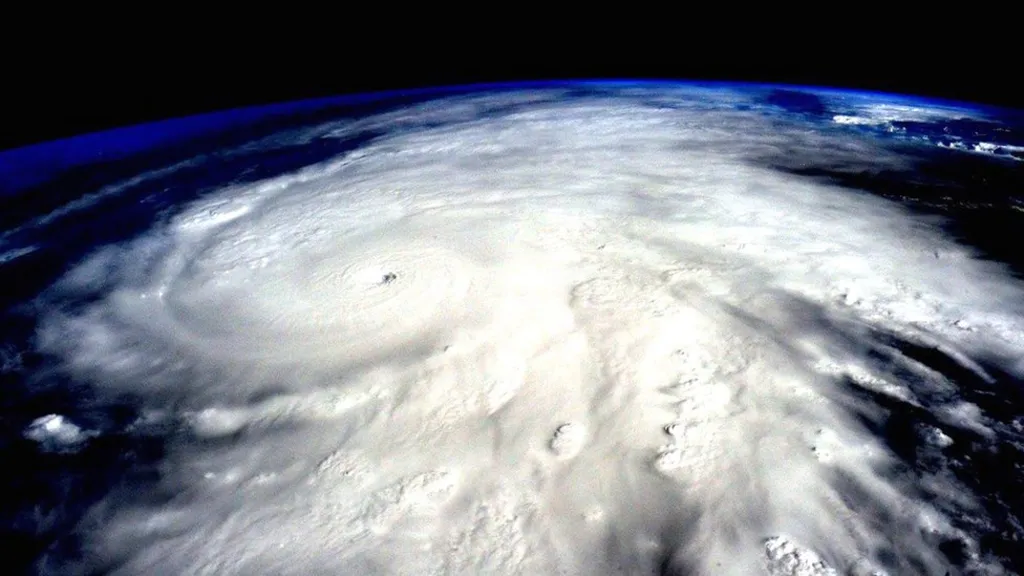to transform health services, The Indian government is collaborating with the private sector and leading international entities on a project to use drones to deliver medical supplies to areas inaccessible by traditional means.
The marches opened, Also known as drones, New horizons for logistics networks, With connectivity options that overcome geography and climate barriers, It has received the attention of international bodies and governments, Especially with regard to health care.
Delivering health supplies is a challenge in many countries, Its complexity is related to the area of the state and the nature of its topography. In India, The health system cares for the second largest population in the world. While the private sector provides 80% of outpatient services, and more than half of hospital services, The government provides many free or subsidized health services to low-income families through nearly 30,000 primary health care centers. This is not an easy task, Some areas are characterized by rugged mountainous terrain and dilapidated infrastructure that may be difficult to traverse, And almost impossible in light of the monsoon and lack of electricity, This is the so-called "last mile" challenge facing most developing countries. While about 69% of Indians live in rural areas, Most blood banks and medical laboratories are concentrated in cities, Depletion of drug stocks and poor quality of supplies are frequent problems.
In addition, Nearly 80% of India's doctors work in the private sector. Most prefer cities, This leaves rural people in need of qualified competencies to manage public facilities and treat patients who are forced to resort to hospitals with better equipment and staff at their own expense. Sometimes, They don't find enough time, Such as patients requiring blood transfusion, This leads to many deaths and permanent disabilities and incurs a heavy cost to the government and citizens.
In search of ways to employ technology to address these challenges, The World Economic Forum collaborated with Public Health Foundation of India to conduct a field study in Arunachal Pradesh, Northeast, This led to the launch of the aerial medicine initiative using drones to deliver medical supplies, Under the supervision of a private sector partner, With financial and technical support from the United States Agency for International Development.
The Indian government laid the foundation for enabling the use of drones in 2021. When the regulations governing its operation have been updated, and eliminated several requirements and approvals, This initiative comes after many confidence-building experiences that led to a 6-month program plan divided into 4 axes.
First of all The basic needs for health care came, regular vaccination services, supply of iron, folic acid and dietary supplements, management of preventive and mass medicines, Diagnostic sample collection, Besides blood bags and equipment.
secondly The program focused on ecosystem and geography, He studied the terrain and weather conditions, He has created a permanent resource for this data from local stakeholders such as leading educational institutions in the fields of engineering, medicine, humanities, management and others.
Third, It was necessary to build viability, scalability and sustainability through resource assessment, impact assessment and study of the economic dimensions of the initiative.
Finally, The team turned to conducting what is known as stress testing for special platforms for the take-off and landing of drones, In the sense of determining its ability to withstand extreme conditions and work pressure, Ensure the readiness of available technologies to deal with harsh terrain.
In order to build awareness among young people from rural areas, The authorities called on village leaders to nominate what they called "marching ambassadors." It announced a competition to write simplified articles that introduce schoolchildren in those areas to drone technology. The program focuses on aspects beyond the technical feasibility of the marches, Including integration with existing health systems, community participation, training, employment and measuring economic impacts.
The first such flight took off in August 2022 bound for East Cumming County. It was preceded by the experience of the state of Telangana, which used drones in more than 300 flights to deliver various medicines and vaccines to remote areas. In what has been called "journeys beyond sight", which means long-distance flights, This represented an unprecedented step in Asia.
Globally, Many similar experiences have emerged, Médecins Sans Frontières (MSF) has used drones to treat tuberculosis in Papua New Guinea and fight Ebola in Liberia. GAVI has used them to get vaccines where traditional transport does not reach.
In any case, Governments and communities must be careful in taking new steps. And think about its impact on people, and ensure that they do not violate their privacy and safety, It will also face the challenges of finding reliable sources of economic data and analysis. They will have to study operational models on a deeper level than they appear in the media or advertising. These challenges can be overcome only by launching initiatives and experiences and analysing their opportunities and impacts.
The Indian government hopes that upgrading supply chains will increase patients' access to the medicines they need. It will enable them to save on expensive expenses for treatment, It helps improve the quality of health care in rural and remote areas, and renew the confidence of citizens.
References:
- https://www.weforum.org/press/2022/08/world-economic-forum-s-medicine-from-the-sky-drone-delivery-programme-set-for-take-off-in-indian-state-of-arunachal-pradesh-a5d18ddc40/
- https://www.fortuneindia.com/technology/arunachal-ropes-in-bengaluru-startup-redwing-to-pilot-drone-supply-of-medicines/109333
- https://www3.weforum.org/docs/WEF_Medicine_from_the_Sky.pdf
- https://www.weforum.org/impact/drones-delivering-vaccines/
- https://www.thehindu.com/news/national/telangana/telangana-launches-medicine-from-the-sky-project-to-drone-deliver-vaccines-medicines-to-remote-areas/article36401406.ece






